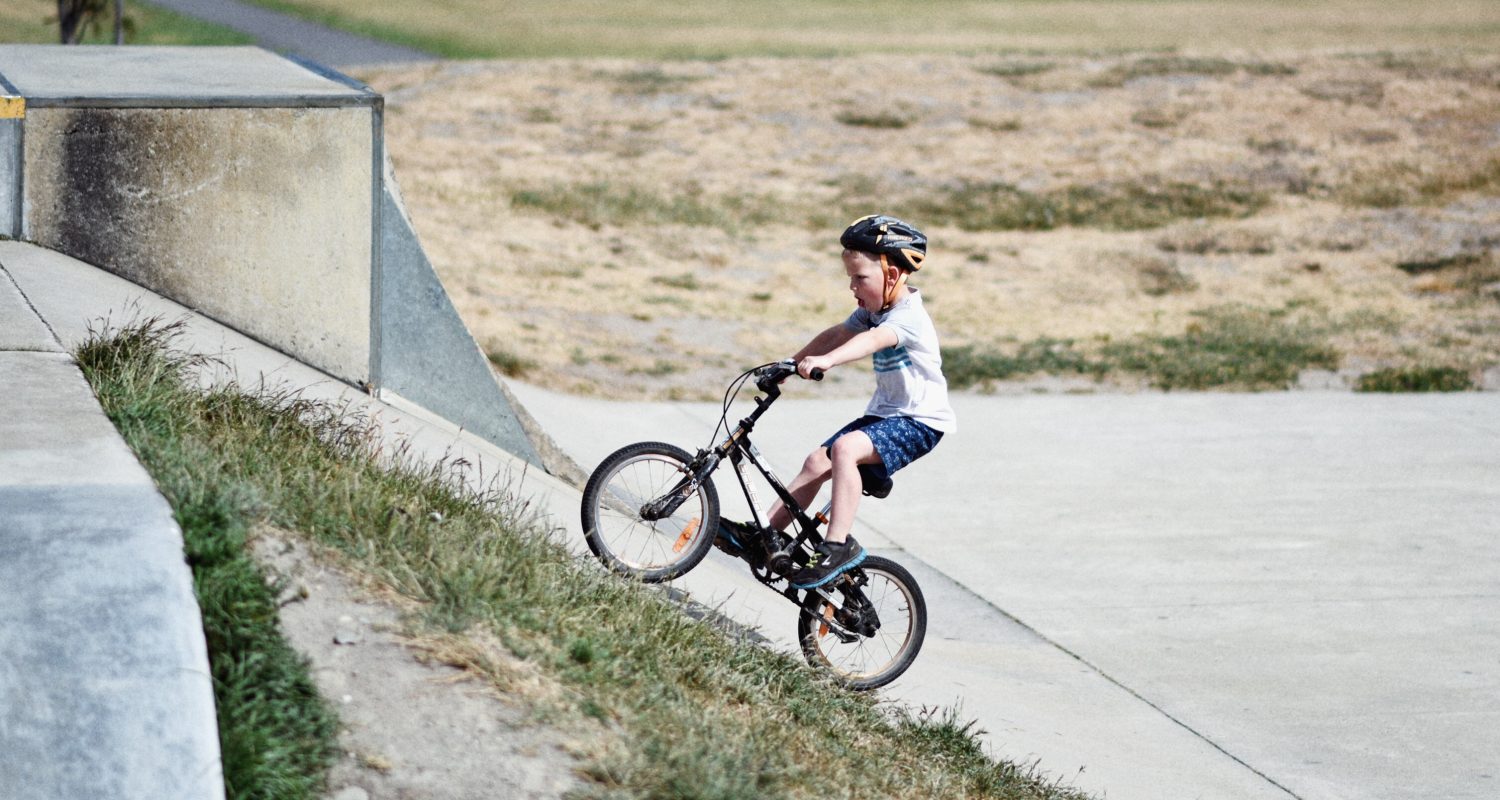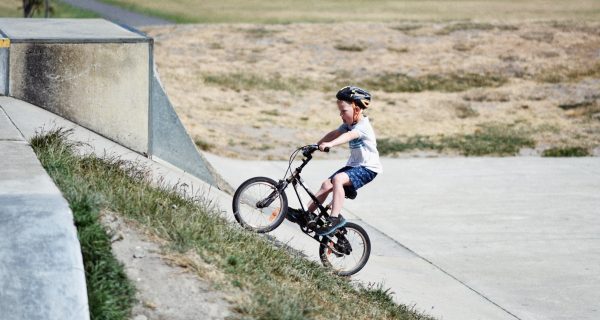Does childhood adversity make you a better entrepreneur?
Childhood adversities increase the likelihood of entrepreneurial activity by promoting rule-breaking and at the same time decrease the likelihood of entry by negatively impacting individual ability (self-efficacy and educational attainment).

Childhood adversities such as dysfunctional families (e.g., neglect, abuse, violence, parental substance abuse), illness, and economic hardship are common across countries. According to research, over 38% of individuals experience at least one form of childhood adversity.
Recent literature seems to highlight the positive implications of childhood adversities for entrepreneurial entry.
An extensive body of literature documents the negative consequences of childhood adversities for mental health and behavioral problems, which over time produce labor market disadvantages such as unemployment or poor work performance. Nonetheless, not everyone who was abused or neglected as a child goes on to have health or adjustment problems later in life. Research suggests that this is due to childhood adversities leading to “stress inoculation” which helps individuals to respond in more resilient ways to challenges. Moreover, childhood adversities may help individuals to develop flexible coping skills that help them to navigate uncertainty, resulting in high cognitive performance in uncertain environments.
Because entrepreneurship is characterized by uncertainty, researchers have linked childhood adversities to entrepreneurship. Researchers have related difficult childhood experiences to higher intentions to start a business, with adversity facilitating favorable attitudes toward change, achievement, and autonomy. Such studies have provided a valuable start to the conversation on childhood adversity and entrepreneurship, yet evidence thus far has been conflicting for either positive or negative effects.
In view of these gaps, researchers at the National University of Singapore and King’s College London, have developed a “mixed blessings” theoretical model, which elaborates on the main pathways and boundary conditions through which childhood adversities impact entrepreneurial entry.
In order for the authors to draw a conclusion, they utilize the NLSY79 Child and Young Adult cohort (NLSY79 CYA) dataset. The NLSY79 main cohort data began in 1979 to gather information on a nationally (United States) representative sample of youth aged 14–22. The survey covers detailed questions regarding schooling, social, and psychological indicators, and employment over time. The final analytical sample included 4222 individuals for whom researchers had data on childhood adversities (assessed during the individual’s childhood by mothers and interviewers, up to age 15), mediators (rule-breaking and abilities, assessed during the individual’s youth, ages 15–24), and at least one observation for job status (assessed starting at age 25).
The results show support for the authors’ model, proving that childhood adversities are mixed blessings, facilitating entrepreneurial entry through a tendency toward rule-breaking but also suppressing entrepreneurial entry by lowering self-efficacy – an individual’s belief in their capacity to act in the ways necessary to reach specific goals.
An interesting finding from the study is that the effect of childhood adversity on entrepreneurial entry is more negative for women and unincorporated entrepreneurs. For women, due to gender role expectations, childhood adversity is less likely to lead to rule-breaking, and their rule-breaking in turn is less ‘beneficial’ for entrepreneurial entry. Unincorporated entrepreneurship is linked to lower educational attainment due to childhood adversities, suggesting that these individuals are pushed into entrepreneurship.

















